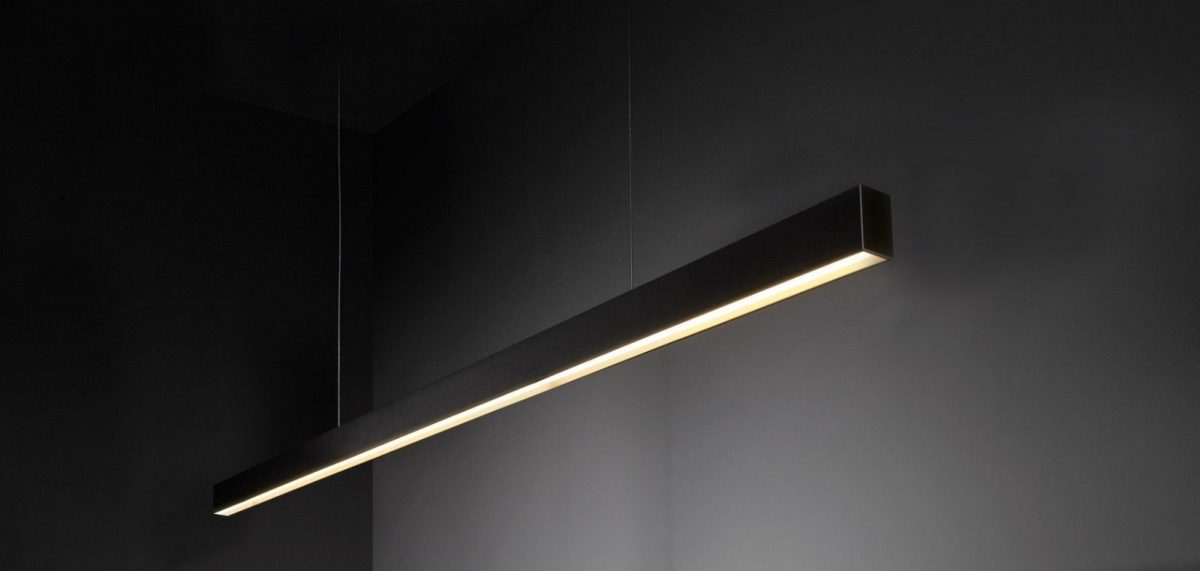Clocks are more than just functional objects. They can also be works of art, adding beauty and style to any home. There are many different types of clocks available, from traditional to modern, and from simple to elaborate. With so many options to choose from, you’re sure to find the perfect clock to complement your décor.
When choosing a clock, it’s important to consider the style of your home. If you have a traditional home, you might want to choose a classic clock with a wooden case and Roman numerals. If you have a modern home, you might prefer a sleek clock with a metal case and minimalist design.
Once you’ve decided on the style of clock you want, you need to consider the size. Clocks come in all shapes and sizes, so it’s important to choose one that will fit in the space you have available. You also need to consider the placement of the clock. If you’re going to hang it on the wall, you need to make sure it’s at a height where you can easily see it. If you’re going to place it on a table, you need to make sure it has enough room to be seen from all angles.
Once you’ve considered all of these factors, you can start shopping for the perfect clock for your home. With so many options to choose from, you’re sure to find the perfect clock to add a touch of style and elegance to your décor.
Here are a few of the most popular types of clocks for home & interior:
- Wall clocks are a classic choice for any home. They come in a variety of styles and sizes, so you can find one that fits your décor perfectly.

Photo by Hamid Tajik
- Table clocks are a great option for smaller spaces. They can be placed on a nightstand, desk, or bookshelf.

Photo by Enikő Tóth
- Mantel clocks are a traditional choice for fireplace mantels. They add a touch of elegance to any room.
- Alarm clocks are a necessity for anyone who wants to wake up on time. They come in a variety of styles, so you can find one that fits your needs.

Photo by Kindel Media
- Digital clocks are a modern choice for any home. They are easy to read and can be programmed to display the time, date, and temperature.

Photo by FOX
No matter what your style or needs, there is a clock out there that is perfect for you. So start shopping today and find the perfect clock to add a touch of style and elegance to your home.
Different Types of Clocks
Clocks come in various forms, each with its unique mechanism and design. Let’s explore some of the most notable types of clocks:
Sundials
Sundials, one of the earliest timekeeping devices, rely on the movement of the sun’s shadow to indicate time. These ancient instruments were used by civilizations such as the Egyptians, Greeks, and Romans.
Water Clocks
Water clocks, also known as clepsydras, operate based on the regulated flow of water. These clocks were prevalent in ancient civilizations, and their design and accuracy improved over time.
Mechanical Clocks
Mechanical clocks revolutionized timekeeping with the introduction of gears, springs, and escapements. These intricate mechanisms allowed for precise and consistent time measurement, leading to the development of tower clocks and portable timepieces.
Pendulum Clocks
Pendulum clocks, invented by Christiaan Huygens in the 17th century, brought remarkable accuracy to timekeeping. The swinging pendulum acted as a natural regulator, ensuring the smooth movement of clock hands.
Quartz Clocks
Quartz clocks, introduced in the mid-20th century, revolutionized the industry with their exceptional accuracy. These clocks utilize the vibrations of a quartz crystal to maintain precise timekeeping.
Maintaining and Repairing Clocks
To ensure the longevity and optimal functioning of clocks, regular maintenance and occasional repairs are necessary. Clock owners often entrust their timepieces to skilled horologists who possess the expertise to restore and preserve these intricate machines. Proper maintenance involves tasks such as cleaning, lubricating, and adjusting the mechanisms to keep them in peak condition.
Clock repair is a delicate and meticulous process that requires a deep understanding of the inner workings of different types of clocks. Horologists meticulously disassemble, clean, and repair worn-out components, ensuring that the clock maintains its accuracy and functionality. Skilled craftsmen can breathe new life into antique clocks, reviving their beauty and functionality for future generations to appreciate.
Clockmaking as an Art
Clockmaking has evolved into a revered art form, blending intricate craftsmanship with aesthetic beauty. Skilled artisans and horologists meticulously create clocks that not only serve their practical purpose but also captivate with their artistic allure. The process of crafting a clock involves a harmonious fusion of engineering, design, and creativity.
The artistry of clockmaking extends beyond the mechanical components. Clockmakers carefully select high-quality materials, such as polished woods, metals, and precious gemstones, to enhance the visual appeal of their creations. The meticulous detailing, ornate engravings, and elegant embellishments elevate clocks to the realm of art.
Master clockmakers spend years perfecting their skills, honing their ability to create unique timepieces that showcase their individual style and craftsmanship. Each clock becomes a testament to the artist’s vision and expertise, resulting in one-of-a-kind creations that stand as functional works of art.



